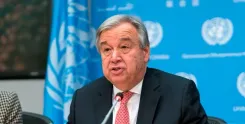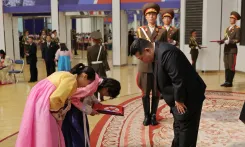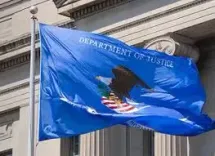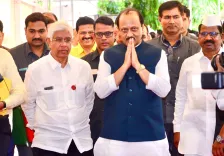Is India Vigorously Embracing Multi-Alignment as US Relations Deteriorate?
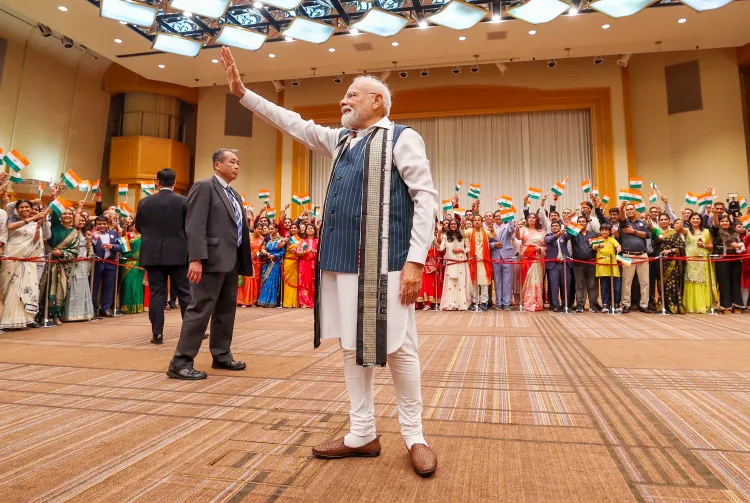
Synopsis
Key Takeaways
- India is diversifying its international alignments.
- Multi-alignment is crucial for India's strategic interests.
- Ties with middle powers are essential for offsetting US influence.
- Current US-India tensions may reshape global alliances.
- The future of the Quad could be influenced by bilateral relations.
Washington, Aug 30 (NationPress) Sarang Shidore, the Director of the Global South Program at the Quincy Institute, stated that India has “entered the hedging space much more robustly” amidst the rising tensions with the United States.
In an interview with IANS in Washington, Shidore pointed to Prime Minister Narendra Modi’s current visit to Japan and his forthcoming trip to China for the Shanghai Cooperation Organisation (SCO) as indications of India’s commitment to “multi-alignment more vigorously.”
“Multi-alignment is ingrained in the Indian ethos. Its significance has grown, and I view the (SCO) summit as a crucial step for India to pivot towards the east, north, and south, rather than solely focusing on the west,” he remarked.
Shidore maintained that the existing circumstances create an “incentive for India to strengthen ties” with various nations.
“There are alternatives available. One is Russia, which is already a formidable ally and is poised to grow stronger. The other is the global south, which India has been vocally supporting for several years,” he mentioned.
He suggested that India should further enhance its collaboration with other “middle powers” such as Japan, South Korea, Australia, the Philippines, and the ASEAN.
While acknowledging that these nations “cannot completely replace the US,” he noted they could help mitigate the challenges, foreseeing India’s future growth to be “supported by various partnerships.”
“The US should anticipate an India that diversifies its alignments and remains focused on its own interests, rather than relying on a single partner as the cornerstone of its strategy for advancement,” he explained.
Regarding the decline in India-US relations, Shidore highlighted that the current crisis is “unusual,” but the “last chapter” of their relationship has yet to be written.
“This situation is not irreversible; we might witness a recovery, but it’s evident that trust has been fractured for years to come,” he observed.
Nonetheless, he felt that the existing tensions would influence the Quad group, a coalition of four democracies comprising India, the US, Japan, and Australia.
“The Quad has been losing momentum in the US. I don’t foresee the Trump administration adopting a proactive mini-lateral approach, although it’s ironic that Trump 1.0 revitalized the Quad and made it stronger,” he anticipated.
Commenting on the US's attempts to pressure allies and friends for favorable agreements, Shidore emphasized that the Trump administration is trying to “halt the decline of unipolarity,” but success seems unlikely.
“If this trend continues, we will observe a US that becomes increasingly detached from the world and loses influence. Ultimately, I believe the world will become less unipolar than it currently is,” he concluded.


